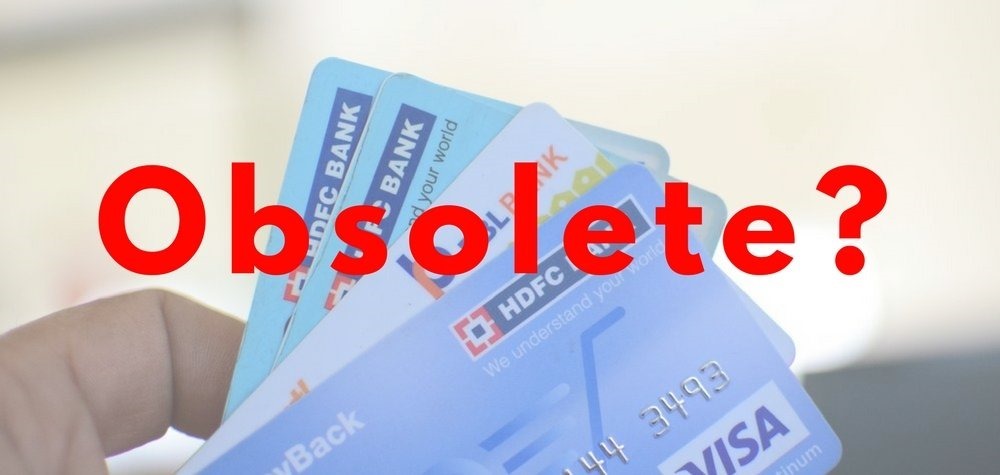Debit and Credit Cards Will Completely Disappear in India: NITI Aayog CEO

While India is approaching more flexible methods for online payments to counter the challenges faced after demonetization, NITI Aayog CEO Amitabh Kant has said that digital transactions will be done via mobile wallets and biometric system, obliterating the need for credit and debit cards in coming days.
“Technology will be a key driver of India’s growth,” Kant said during the launch of Trade and Investment Facilitation Services (TIFS) of the PHD Chamber of Commerce and Industry (PHDCCI).
Kant highlighted that India was growing 7.6 percent annually amid the dry economic landscape across the world. In order to make business models more efficient, he said that last year around 1200 laws were scrapped. While India is larger than 24 European countries, he added that the states should appear as champions of growth.
“Physical banking in India is almost dead and it is adopting pervasive technologies with such an accelerated pace that in next three to four years, the digital transactions would move through the mobile wallet and biometric modes,” he said. “Credit cards, debit cards and ATMs will disappear.”
Globalisation and Foreign Ties
Amidst all the digital upgradation, he also stated that India would continue to globalise and dismantle rules and regulations that adversely affect inbound investments. It would also create conditions for the expansion of its economy.
“Despite (US President Donald) Trump talking of protectionism (of US economy), there is no talk of protectionism here,” the NITI Aayog CEO said.
“India believes in globalisation and it will continue to globalise and shall never talk of protectionism. As a result, it will emerge as an economy that would attract investments and growth and make India a hub of economic engagements par excellence,” he added.
Coming to foreign relations, he stated that “there are new opportunities in Africa and the Gulf”.
While the Canadian High Commissioner to India, Nadir Patel said that Prime Ministers Narendra Modi and Justin Trudeau are “connecting well” with each other, he was disappointed that two-way trade between India and Canada stood at only $8 billion, adding that it has to increase.
TIFS – Trade and Investment Facilitation Services
After launching TIFS, PHDCCI President Gopal Jiwarajka said that it would provide a valuable and qualitative aid to international investment in India. He also added that TIFS would provide a secure and personalised single entry point to all trade and investment-related information in the Indian economy, which has the potential to become a $100-billion investment destination by 2022.
End of plastic cards?
As Kant himself stated that physical banking system is nearing an end as digital transactions are revamping with time, it can be said that India is slowly shifting towards easier payment methods. Manoeuvring into different payment methods will definitely facilitate the expansion of the economy, but would have its own challenges, mainly concerned with deploying the services to 1.3 billion people. However, the usage of mobile based payment methods has definitely changed the economic landscape of the country and seems to be one of the most potent methods of payment in coming days.

Magnetic stripe cards are being used since the 1980’s. it is time for them to be phased out because it can be easily copied by duplicators.